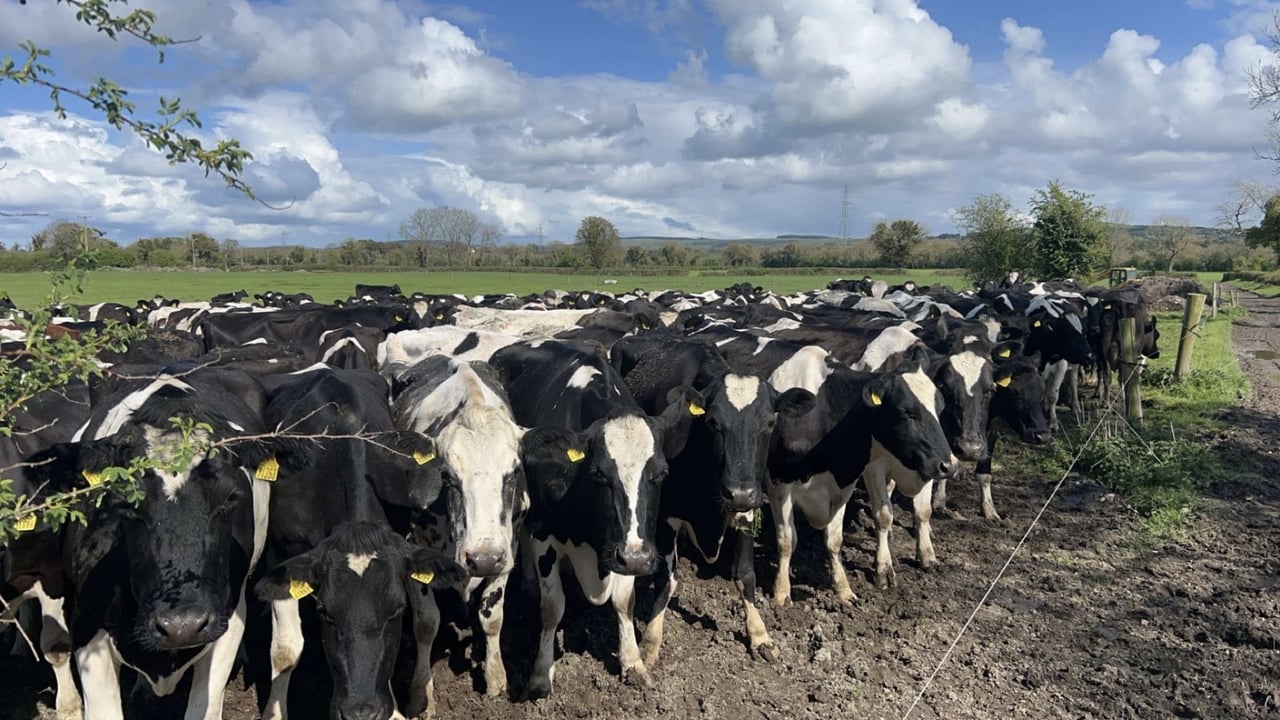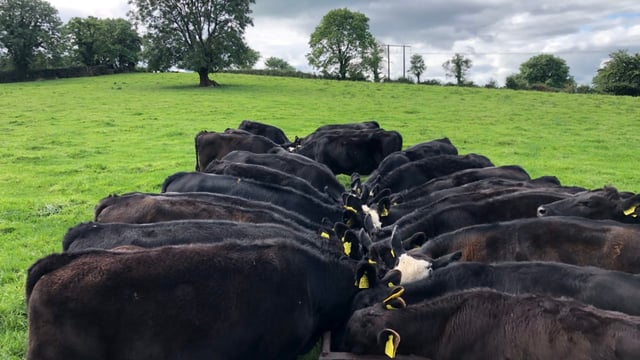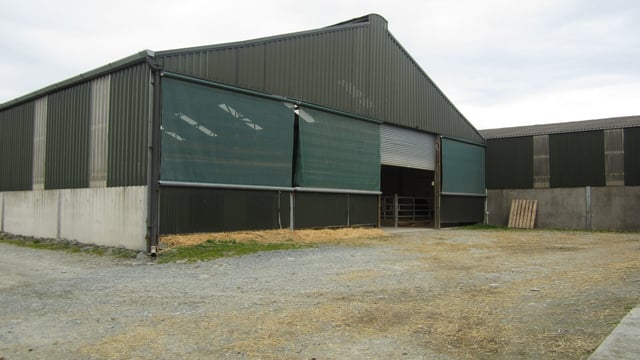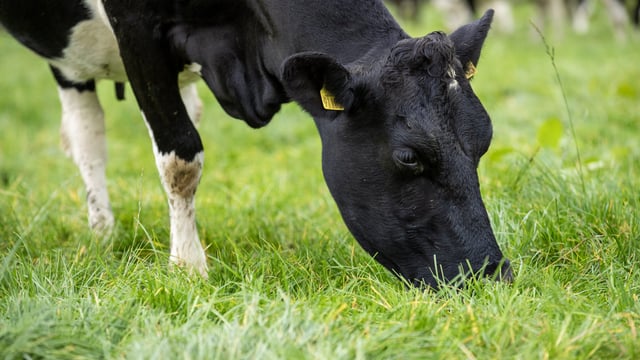Dairy advice: Don't miss the opportunity to genotype your herd
Farmers should not miss the opportunity to genotype their herd now that the National Genotyping Programme (NGP) is open again to all Irish cow herds.
Herds accepted into the NGP can genotype any remaining ungenotyped breeding stock for free.
Up until 2027, farmers will be required to genotype all calves born at a reduced cost of approximately €6, which is made up of €4 for the actual genotyping and the additional cost associated with a double tissue tag and postage cost.
The standard rate for genotyping a cow at the moment is €18 per sample if you were to genotype without being in the NGP, so signing up is a no-brainer and will lead to better decisions on the farm.
With the opportunity to get all your breeding stock genotyped for free and a small fee for calves thereafter, the benefits of genotyping completely outweigh the cost of it.
Genotyping is the process of decoding DNA. Obtaining DNA information for breeding decisions has increased the efficiency of cattle breeding compared to traditional breeding methods, which relied only on ancestry records to evaluate the genetic merit of animals.
Having DNA information of cattle will generate a bespoke prediction of genetic merit and captures both the family-based performance and the unique attributes of the animal itself.
Through genotyping, selection decisions are more accurate - thereby increasing the rate of genetic improvement and drives profit for the farmer.
Genomic evaluations require less data (e.g., fewer daughter records) compared to traditional evaluations to get the same level of accuracy.
Therefore, selection decisions can be made sooner and more cheaply, which in turn increases the rate of genetic improvement by shortening generation intervals.
The Irish Cattle Breeding Federation (ICBF) has set out additional benefits of genotyping that are not just restricted to more profitable breeding decisions. These were displayed at the Moorepark open day, and are as follows:
- Correcting misassigned parentage, misassigned breed, and misassigned sex for 17.4%, 3.2%, and 1.6% of genotyped calves, respectively;
- Evaluating the commercial beef value (CBV) of calves, which is a DNA-derived metric used to help calf-to-beef farmers predict which calves are the most valuable for a calf-to-beef farming enterprise;
- DNA information is also essential for reporting on genetic variants of myostatin, polled Celtic, and other important genes;
- Access to tools such as GenoCells, which can be used to efficiently identify cows with mastitis when the entire milking herd is genotyped.
Chromosomal abnormalities can also be identified through genotyping as in cattle, DNA is not one continuous chain, but is split into discrete blocks known as chromosomes.
Each chromosome exists as a pair, one inherited from the father and the other inherited from the mother. Sometimes in reproduction, one of the chromosomes in a pair can be lost or doubled.
If this loss or doubling of a chromosome happens with a sex chromosome (the chromosomes which determine if a calf is male or female) the animal can appear normal, but be infertile.
An estimated 0.04%–0.08% of calves born annually will have an abnormal number of sex chromosomes.
This programme will not last forever and signing up now means, for a small price, you can increase the accuracy of predicted breeding values, reduces the burden of data collection, can correct recording errors, and report genetic variants in major genes.





